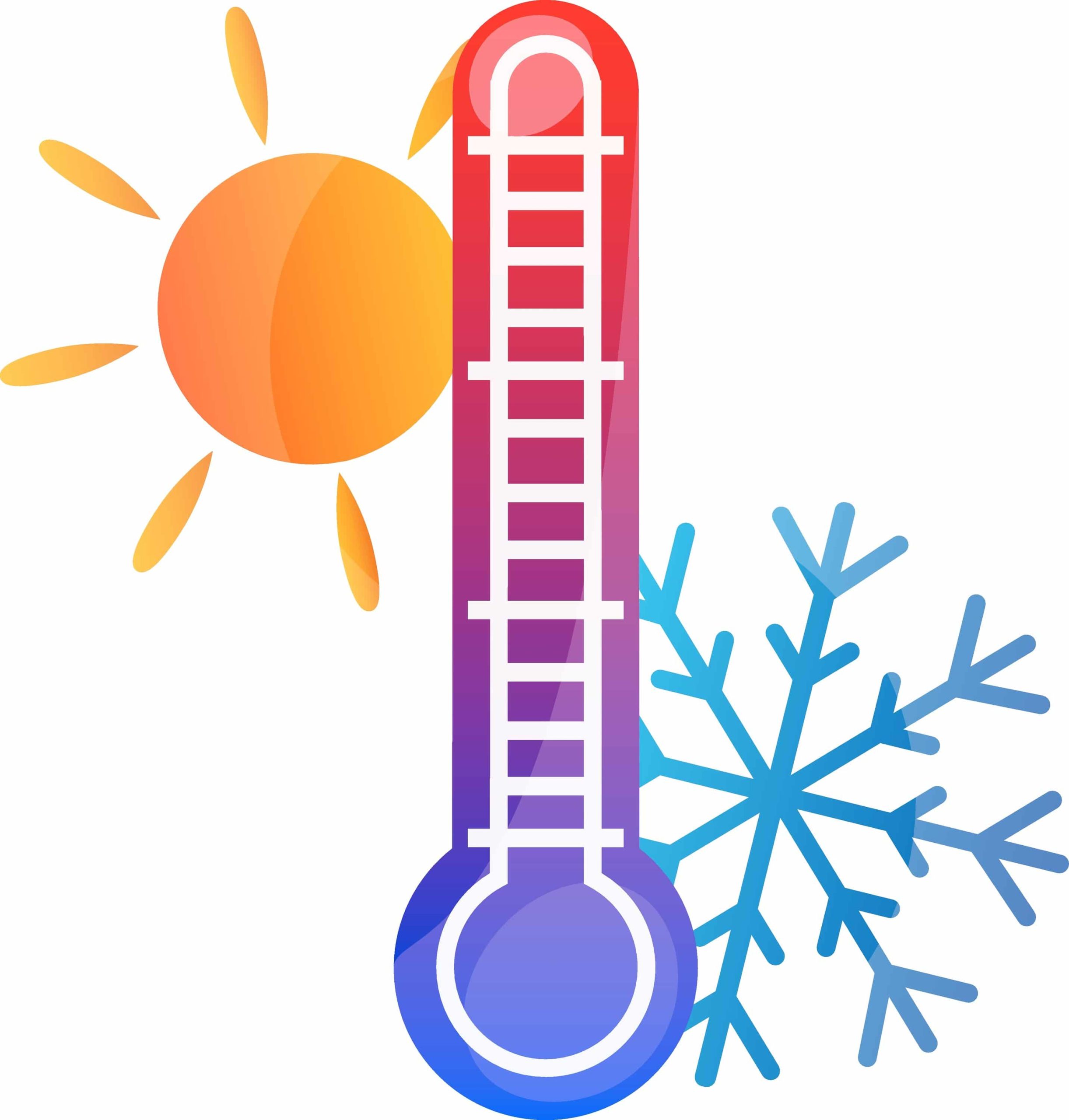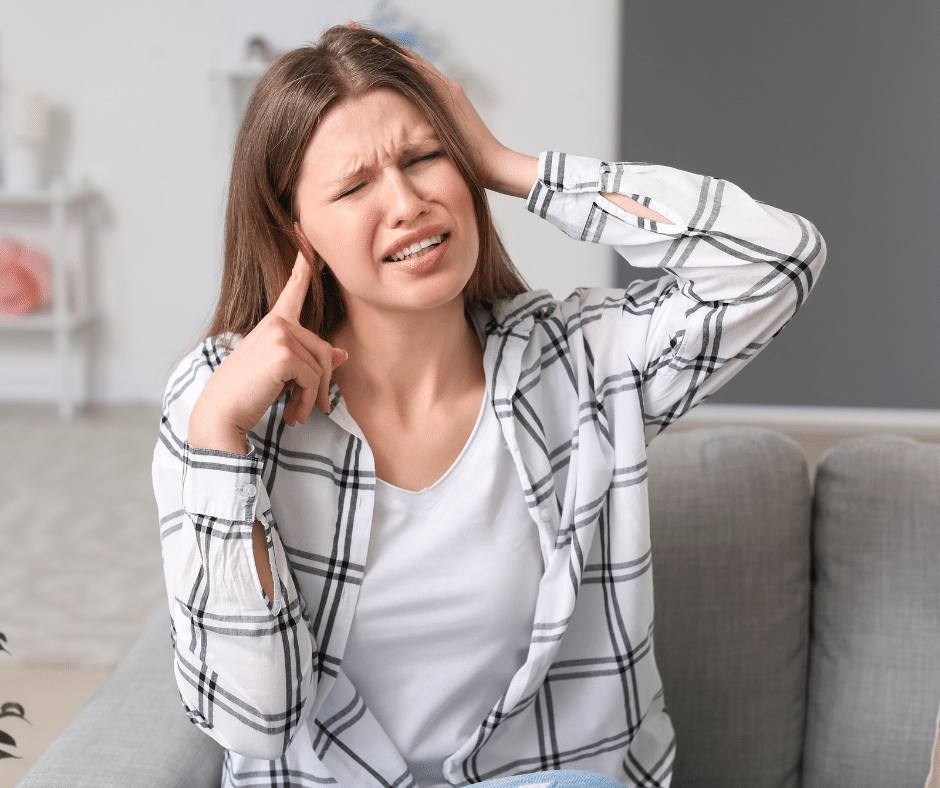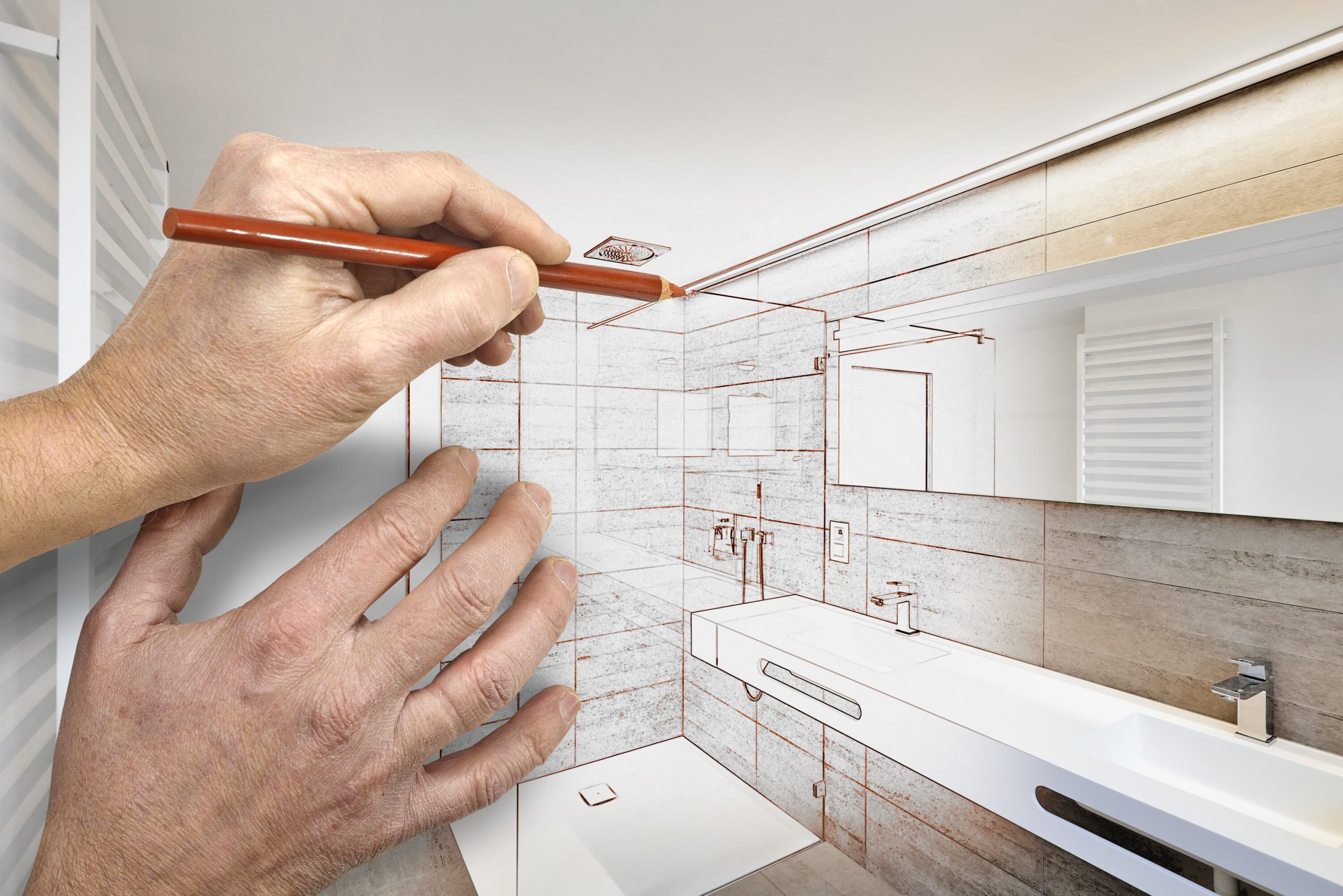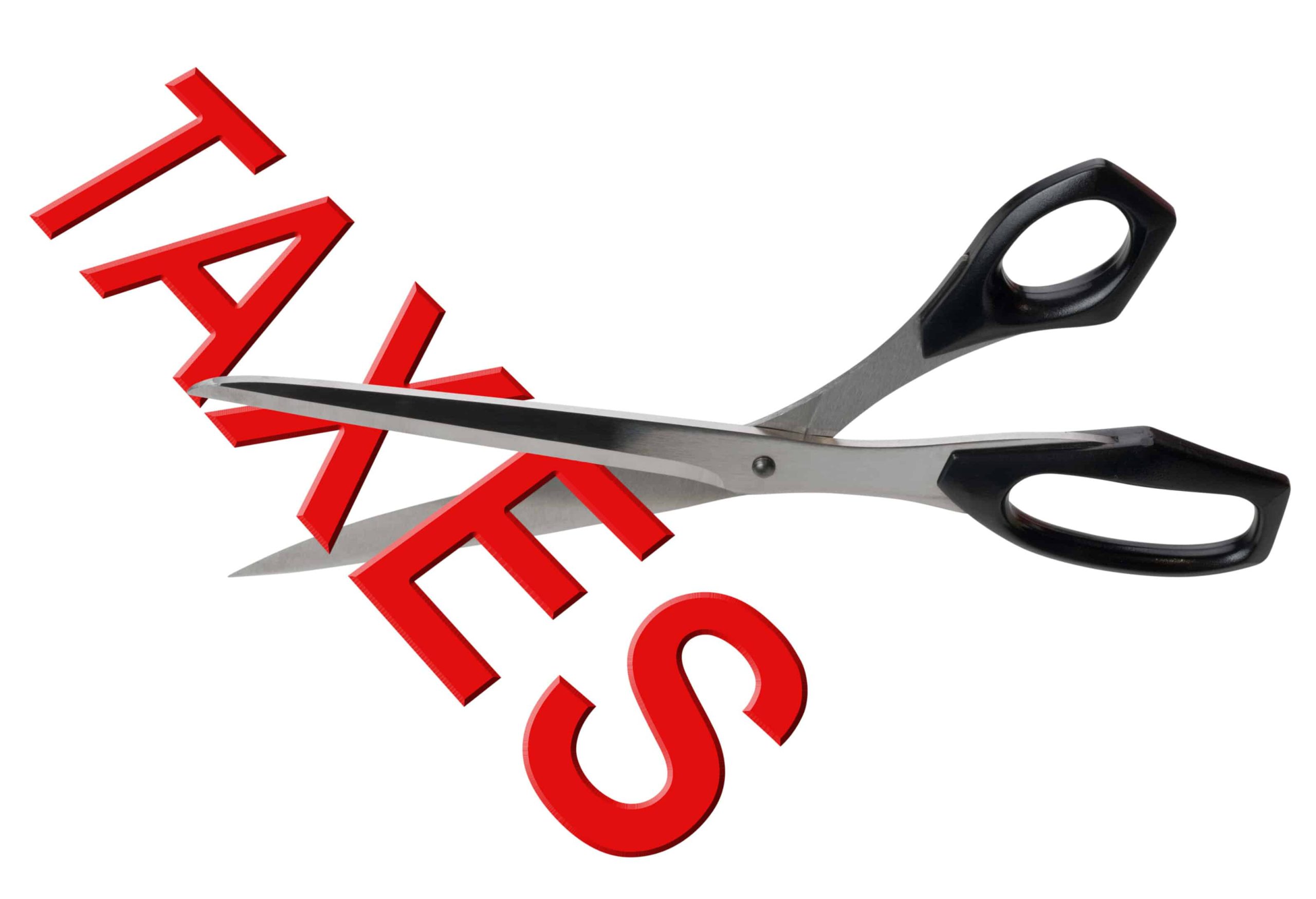
7 Signs Your Home Needs a New HVAC System
 Because Heating, Ventilation, Air Conditioning (HVAC) systems are one of the biggest investments made in our homes, it’s important to make sure you get the most for your money. This means making wise, informed decisions about the cost and comfort of the HVAC system. Even a well-maintained system will have to be replaced at some point. An old, outdated or damaged HVAC system causes serious issues such as higher energy bills, long and often noisy running periods, uncomfortable temperature fluctuations, along with odors and poor indoor air quality.
Because Heating, Ventilation, Air Conditioning (HVAC) systems are one of the biggest investments made in our homes, it’s important to make sure you get the most for your money. This means making wise, informed decisions about the cost and comfort of the HVAC system. Even a well-maintained system will have to be replaced at some point. An old, outdated or damaged HVAC system causes serious issues such as higher energy bills, long and often noisy running periods, uncomfortable temperature fluctuations, along with odors and poor indoor air quality.
Uncomfortable temperatures indicate that your air conditioning system is not powerful enough to supply air throughout your home. Keeping your air conditioning system in less than optimal running condition will result in an uncomfortable home environment and increased energy bills.
There are signs to watch for if your HVAC is not working as well as you feel it should. If you notice any of these signs, it is time to call in a licensed HVAC specialist to evaluate and diagnose your HVAC system.
-
Age and Technology: Your HVAC System Is Ten or More Years Old
If you maintain your HVAC system properly, it might last you a little longer than a decade. Without maintenance, a ten-year-old system is considered outdated, inefficient, and a good candidate for replacement. The Department of Energy recommends homeowners replace their HVAC system every ten to fifteen years. Most HVAC systems begin to deteriorate around the ten year mark, depending on how often you use and maintain them. Ultimately, older systems cost you more in energy bills as they lose efficiency.
Older HVAC systems often struggle to keep your home at an even temperature. A variety of issues can cause this, such as a damaged or inaccurate thermostat, low fluid levels (think leaks), clogged filters, cracked ducts, or serious motor damage. Even the most state-of-the-art technology from ten or more years ago does not match the energy efficiency of today’s systems. Modern units utilize smart, easy to use, programmable thermostats.
SEE ALSO: KNOW WHAT SIZE HVAC AND WHAT DEGREE OF TECHNOLOGY IS BEST FOR YOUR HOME AND LIFESTYLE
-
Increased Energy Bills
When an HVAC system becomes inefficient, it uses more energy to reach the desired temperature. As it uses more and more energy to create conditioned air, you will notice that your energy bills continue to increase. Check energy bills by looking at the same month of different years. These months should all be in a similar cost range. An efficient unit can save an estimated twenty through forty percent on monthly utility bills (this could translate to hundreds of dollars).
SEE ALSO: LOWER YOUR ENERGY BILLS THIS SUMMER
-
Worn Systems Keep Running and Running…
An old system starts up more often and stays on longer because of wear and tear, not having preventative checkups, or worn parts.
For example, coils can go bad, or a failing blower motor causes the system to run long and often. This is when a qualified, trained technician needs to run a checkup and give a diagnostic report of the system.
If the system is serviced, and these and other parts work fine, yet the system runs for a longer time and more often than it used to, it’s probably time to replace the HVAC unit.
-
Repairs Cost More Than Half the Cost of a New HVAC System
All air conditioning systems require a repair from time to time, but if the system needs a repair that is more than half the cost of a new HVAC system, investing in a new system is a better choice.
The cost of parts, as well as labor for repairing essential components of your system, are high. Labor and parts on these types of fixes add up quickly. Many parts in an HVAC system are replaceable and repairable.
While the upfront cost of an entirely new system seems like a lot, the cost of constant repairs when one of these parts fails isn’t worth it in the long term. That money is better invested in an entirely new system. When you get that system, have a professional help you maintain it to extend the life of your investment and keep all warranties in effect.
SEE ALSO: GETTING A NEW HVAC SYSTEM FROM CONDITIONED AIR SOLUTIONS
-
The System has Not had Regular Maintenance
As systems age, their efficiency tends to decline. This is especially problematic for those that do not have these systems serviced at least once or twice a year. Consistent, scheduled maintenance ensures HVAC systems work safely and efficiently. Maintenance keeps your system in the best working order to increase its lifespan, and helps you catch problems before they lead to bigger issues. If this preventative measure has not been taken, when a problem arises it may be too late for an easy repair. If you’re spending money trying to catch up on maintenance while energy bills continue to rise, you may need a new HVAC system.
SEE ALSO: HOW IMPORTANT IS REGULAR MAINTENANCE
-
New, Loud, Intrusive Noises
Well-maintained HVAC systems should operate relatively quietly. It is normal for older HVAC systems to get louder with age. Sometimes loose or worn parts that needs replacement cause these noises. Problems with motors, blowers, fans, and other moving parts also cause these strange noises. If you notice irritating, odd, or loud sounds – clunks, bangs, squeals, creaks, or grinds- you should have the system inspected immediately, as you may need a repair or system replacement. Systems making loud, unrelenting odd sounds may indicate a serious malfunction.
Have a trained HVAC technician examine your system and perform repairs if it can ease the problems and be done in a cost-effective manner. If the noises increase or remain after repairs have been made, it’s time to replace your system.
-
Unusual Smells Can Lead to Poor Air Quality
During the summer, the ventilation and air conditioning components of a well performing HVAC system are essential to great indoor air quality. Outdoor air being pulled in the system (ventilation) and cooled (air conditioning) is crucial for having fresh, comfortable, safe air circulating in your home. Families that notice mold, mildew, dust or unusual humidity levels might be dealing with a damaged HVAC and/or duct work that should be replaced. Odors are another signal that you will find more dangerous breakdowns in your HVAC system.
A Wise Decision
Replacing an old HVAC system means more reliability, a new life span with proper maintenance, and enjoying smart technology for years to come. New HVAC systems better control indoor temperature comfort, dust, excess humidity, odors, allergens, and mold. Make wise, informed decisions about the cost and comfort of your HVAC system.


